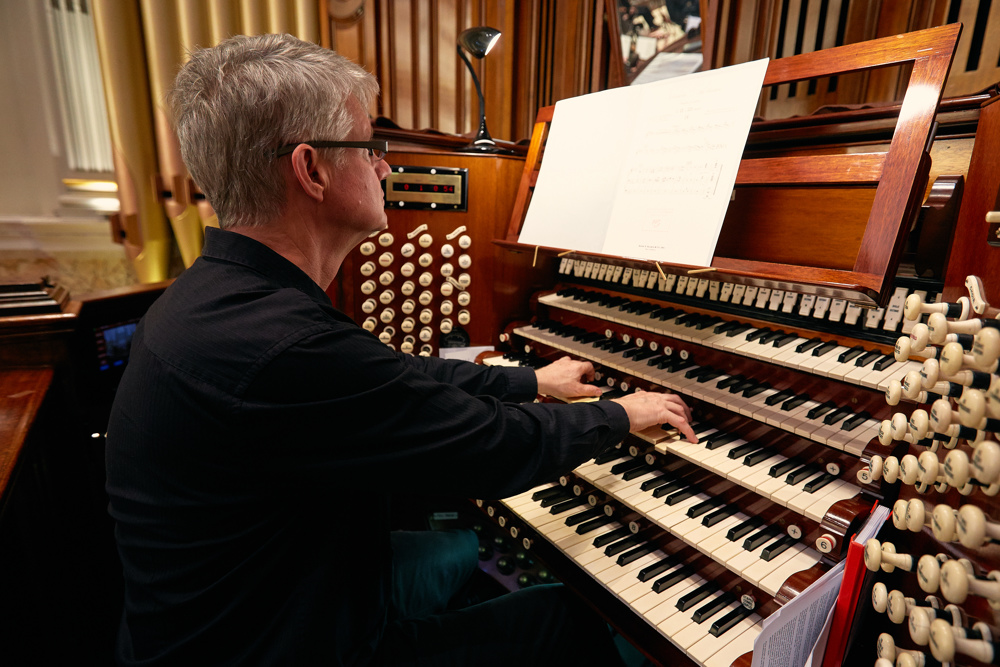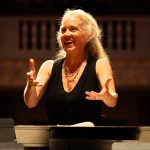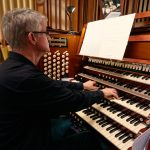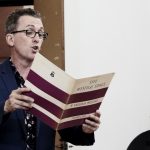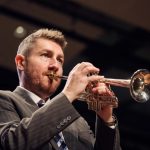We recently asked organist Christopher Wrench about his up-coming performances in the Fauré and Duruflé Requiems with Brisbane Chorale.
You’ll be performing the Fauré Requiem and Duruflé Requiem on the historic Brisbane City Hall Willis pipe organ in the ‘Into Paradise’ concert. Tell us what it’s like to be in the “driver’s seat” of an instrument of this magnitude.
The difference between playing an 80-stop Willis organ with 6 keyboards (5 manuals & 1 pedalboard) compared to an 8-stop organ, such as the one I performed on recently in Beenleigh, is one of intimacy and scale. With 8 stops, the registration possibilities (the organist’s ‘orchestrations’) are restricted, whereas with 80-stops there is an immense, almost limitless range of options. Deciding the registrations for a programme on a small organ can be completed in under an hour, whereas preparing the Duruflé at City Hall requires many, many hours!
How much of a difference does playing these works on an instrument like the City Hall pipe organ make to pieces like the Fauré Requiem and Duruflé Requiem?
The City Hall organ stands as the jewel in the crown of Queensland pipe organs. Because this instrument is so fundamentally ‘orchestral’ in character, it is a pure delight to prepare these works for performance – especially the Duruflé, so I can’t wait for the first rehearsal when we hear how it all comes together.
A quick Google search about the organ part of the Duruflé Requiem brings up comments such as “fiendishly difficult”, “a bear” etc. How do you prepare to perform a work such as this?
As with any performance, you learn one note after the other in a logical, focused and efficient manner! Larger and more complex works just take a ‘lot’ longer than smaller pieces. Whilst the Duruflé accompaniment is justifiably described as ‘fiendishly difficult’, it is also also the most exquisitely beautiful and rewarding organ accompaniment in the entire choral repertoire; and even though I have been playing this work for 35 years, I would never take it for granted!
Which movement of the Duruflé Requiem is your favourite to play and why?
That is a difficult question to answer. For me, every note of every movement is pure gold. However, if you demanded an immediate answer, I would say the ‘Agnus Dei’ because of the mood, character, the layering of the parts, and the challenge of realising this with only 2 hands and feet.
Do you have any special memories associated with performing the Fauré Requiem and Duruflé Requiem?
The Duruflé performance with Pro Musica at St John’s Cathedral in 1992 was my first major musical collaboration with my wife-to-be, Maestro Emily Cox!

